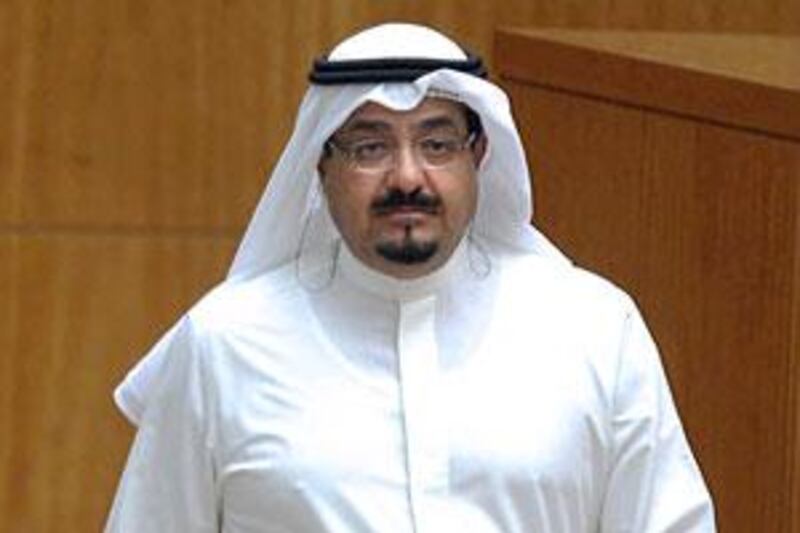Oil prices rose to a seven-month high yesterday, prompting two of OPEC's most important members to talk publicly about raising production for the first time since last summer, when prices reached record levels. US crude rose to US$71.33 a barrel, while Oman crude on the Dubai Mercantile Exchange rose $0.60 to $70.70, as new figures suggested demand for oil may be recovering in the US, the world's largest oil market.
Officials in Kuwait and Iran said they would consider raising OPEC's output at a meeting in September if prices hit $100 a barrel. Kuwait's oil minister, Sheikh Ahmad Al Abdullah Al Sabah, told Reuters: "Seventy-five dollars ? [OPEC] will not increase output ? but if it reached $100, then maybe." Oil prices have increased by 20 per cent in the past two months, reflecting traders' bets that the worst of the recession is over and consumption of oil will increase in coming months. Goldman Sachs, the investment bank, expects prices to hit $85 a barrel by the end of the year.
For weeks, experts and OPEC ministers have warned that the oil price was rising at a rate faster than justified by supply and demand, but new data from the US lend support to the higher price. Dr Dalton Garis, an assistant professor of economics and market behaviour at the Petroleum Institute in Abu Dhabi, said: "The oil markets have definitely voted that there is a turnaround. It's never going to be based on fundamentals, it's always going to be based on expectations."
On Tuesday, the American Petroleum Institute released a weekly report showing that stockpiles of crude oil fell by 6 million barrels. The same day, the US government's Energy Information Agency (EIA) released a monthly report in which it revised upwards its forecast for world oil demand this year by 10,000 barrels a day (bpd). The agency still expects demand to decline by 1.75 million bpd, but it was the first time in months that demand had been revised upwards in its report.
The International Energy Agency, based in Paris, is scheduled to release its own monthly forecast today, followed by OPEC tomorrow. Sheikh Ahmad said OPEC was still nervous that oil prices were not supported by data showing a demand recovery. "In Asia, yes there are signs, but overall we do not see a rise in demand, that is why we should be cautious," he said. Iran would also consider an output increase, but would first have to see the amount of oil in storage in industrialised countries reduced from current high levels that could support the market for 63 days, said Mohammed Khatibi, the country's OPEC representative.
"If the price of oil jumps and if the stocks are reduced to 52 to 53 days, then OPEC can consider another action such as increasing production," he told Dow Jones. Mr Khatibi said an increase to $100 a barrel would be "a jump". The comments from OPEC members represent a change in expectations. When oil prices crashed at the end of last year, a number of leaders in oil producing countries said a price between $70 and $80 a barrel was a fair price for crude.
OPEC will face a tough time in pushing prices much higher than today's levels, Mr Garis said. Last summer's record prices of close to $150 a barrel reflected in part the risk of a disruption in supply, as nearly all available wells were pumping at full capacity, he said. With the reduction in demand and production cuts, the EIA now estimates that spare capacity in OPEC countries totals 4.65 million bpd, which could be activated in the event of any risk to supply.
"I think a price of $70 to $80 is pretty close to the fundamentals," Mr Garis said. "OPEC comes into play when oil is very cheap or very expensive." * with agencies cstanton@thenational.ae





